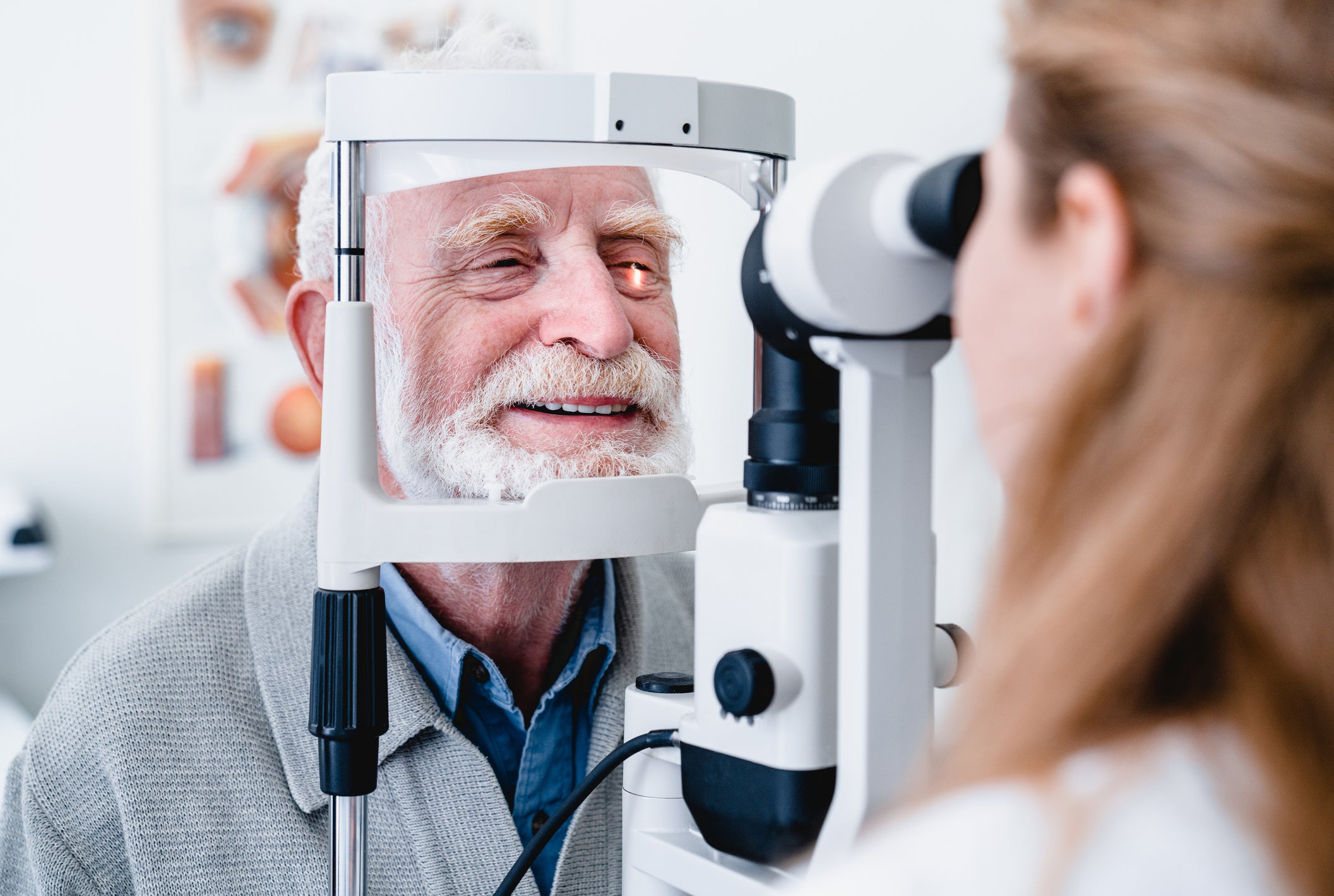Did you know that the main cause of death for people under 45 in Canada is traumatic injury, and of the 750,000 injuries in British Columbia each year, 90 per cent are predictable and preventable?
The overall impact of traumatic injury is staggering. Of the 750,000 British Columbians injured each year, about 1,500 die, 9,000 suffer permanent disability, 30,000 are hospitalized and an estimated 70,000 potential years of life are lost.
The three leading causes of preventable traumatic injury in B.C. are:
- Motor vehicle crashes
- Falls amongst seniors
- Drowning
Thinking ahead and having a plan can help prevent injuries. Here are some tips for creating a plan of your own.


















